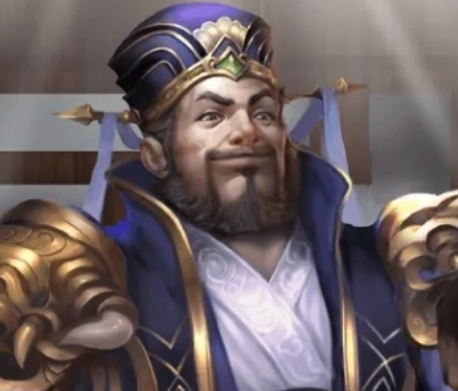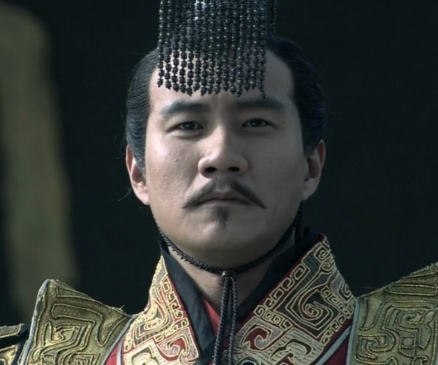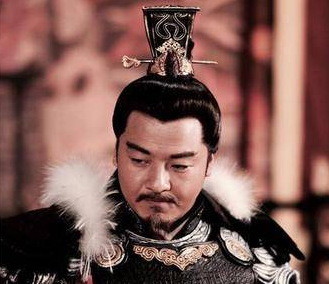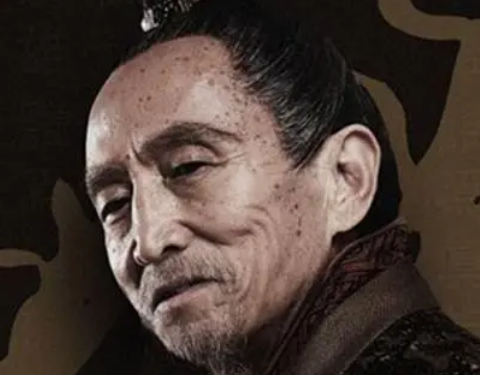On the stage of the history of the Three Kingdoms, Cao Cao, as a generation of fierce heroes, the choice of his heir has always been a focus of discussion among later generations. Among many descendants, why did Cao Cao ultimately decide to inherit the great cause from Cao Pi instead of Cao Zhi, who was talented in literature? What historical logic and family considerations are hidden behind this choice? This article will explore the reasons why Cao Cao chose Cao Pi as his heir.

I. Comparison between Cao Pi and Cao Zhi
Both Cao Pi and Cao Zhi are sons of Cao Cao, and each has their own characteristics. Cao Zhi is famous for his literary achievements, and his literary talent and elegance have been praised by later generations as one of the "Seven Sages of Jian'an". However, Cao Zhi's personality tends to be more free-spirited, unrestrained, lacking the steadiness and decision-making ability of a politician. In contrast, although Cao Pi's literary talent is not as good as Cao Zhi, he performs better in political skills and military talent, which is more suitable for a ruler.
II. Cao Pi's Political Performance
Cao Pi has demonstrated his political maturity and ability before Cao Cao's death. He has repeatedly accompanied his father in battle, showing remarkable military talent. Politically, Cao Pi also has a clear stance and action. After Cao Cao's death, he quickly took measures to consolidate his power and successfully ascended the throne as emperor, establishing the Wei Kingdom.
III. Cao Cao's Political Considerations
When choosing an heir, Cao Cao inevitably considered the future of the country and the stability of the family. Cao Pi's steadiness and political talent made him a more suitable candidate. Cao Cao knew that a leader of a country not only needs talent, but also needs the ability and means to govern the country. Cao Pi's calmness and decisiveness, as well as his practical experience in politics and military affairs, made him the best candidate in Cao Cao's eyes.
IV. The Establishment of Cao Pi's Inheritance Status
While Cao Cao was alive, he began to pave the way for Cao Pi's succession. For example, Cao Cao once let Cao Pi be responsible for handling state affairs, giving him practical political experience. These actions indicate that Cao Cao was already cultivating Cao Pi to become his heir. However, Cao Zhi failed to gain his father's attention and cultivation due to his personality.
Conclusion:
In summary, Cao Cao chose Cao Pi over Cao Zhi as his heir based on deep consideration of the future of the country and the stability of the family. Cao Pi's steadiness, political skills, and military talent made him a suitable ruler. Although Cao Zhi had extraordinary achievements in literature, Cao Pi was clearly a more rational choice politically. Cao Cao's decision not only affected the fate of his sons but also had a profound impact on the entire history of the Three Kingdoms.
Disclaimer: The above content is sourced from the internet and the copyright belongs to the original author. If there is any infringement of your original copyright, please inform us and we will delete the relevant content as soon as possible.































